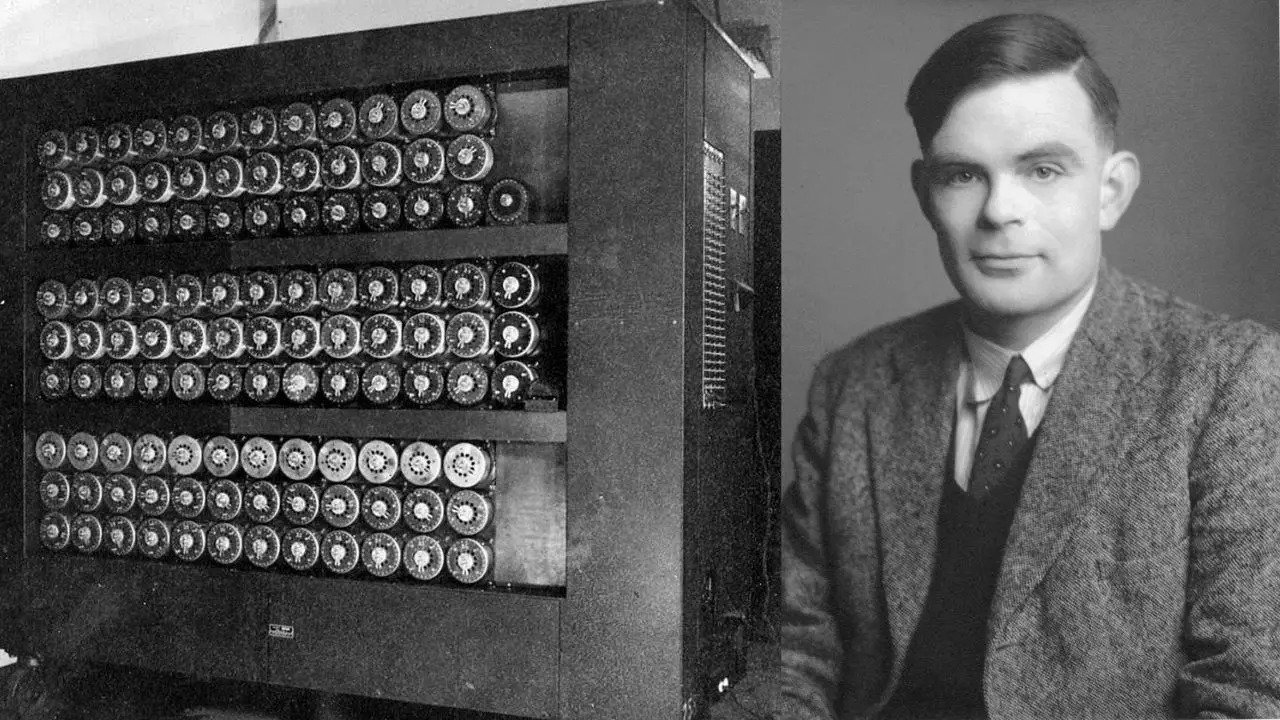“What is time? If no one asks me, I know what it is. If I wish to explain it… I do not know”, famously quipped Saint Augustine. Our modern understanding of time is more scientific than ever, and many of us likely do now think we know how to explain time. While impressively the Swiss atomic clock has a range of uncertainty of 1 second in 30 million years. But the time of physics is not real time. Time is not a mathematical abstraction, there is no line of time, and the present is not some indivisible zero-point on it. Time is mathematical abstraction From sundials and water clocks to hour glasses and weight-driven mechanical clocks, timekeeping devices have a long and fascinating history, driven mostly by an unrelenting quest for better precision. Nevertheless, we should remember that the usefulness of any timekeeping device depends on our gathering information through our senses, usually b…
Read the full article which is published on IAI TV (external link)






